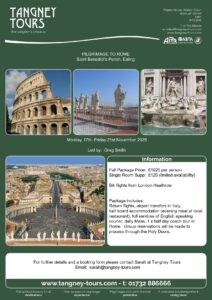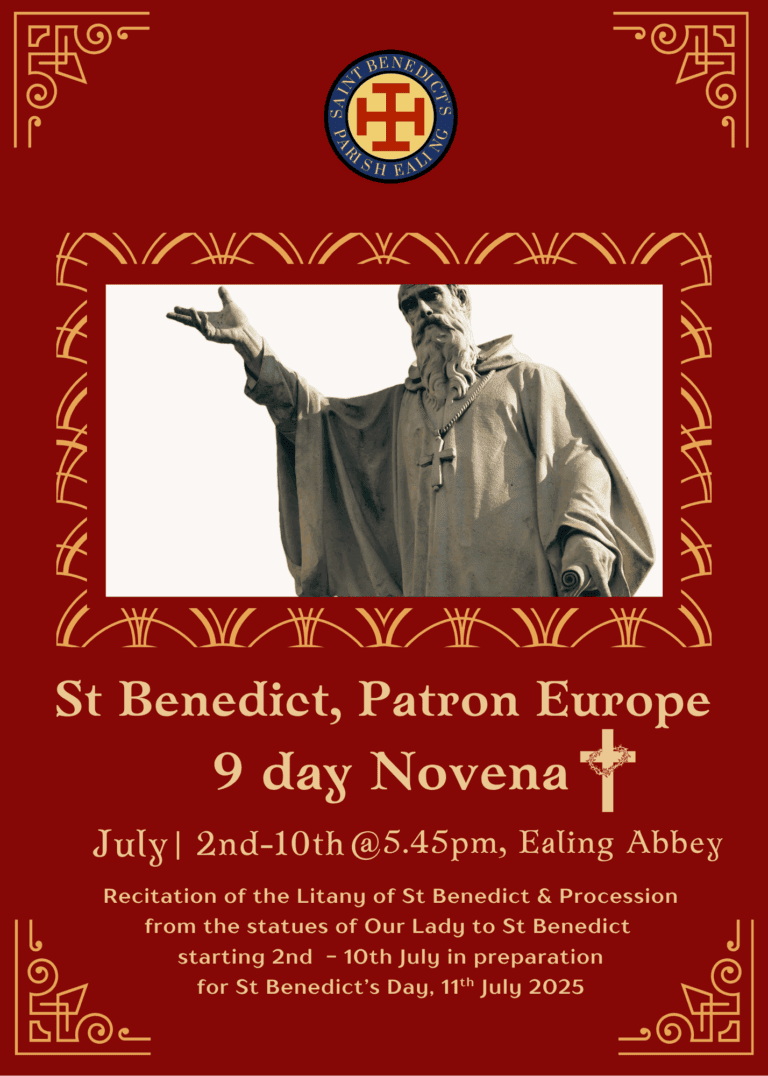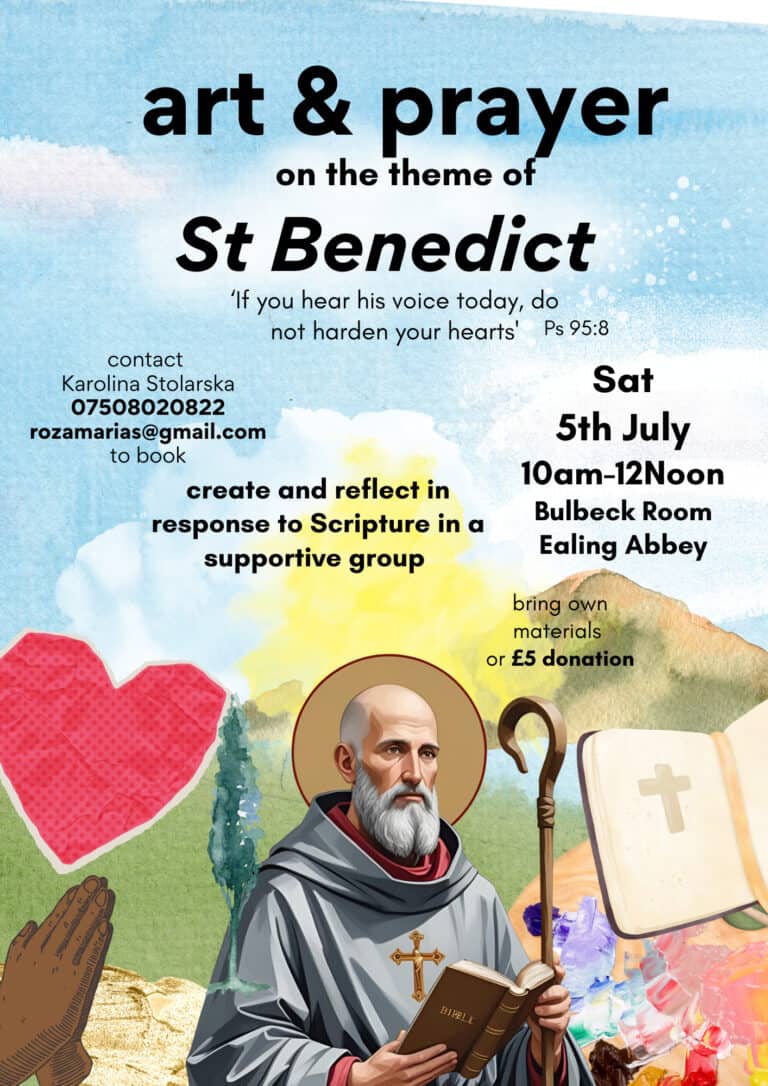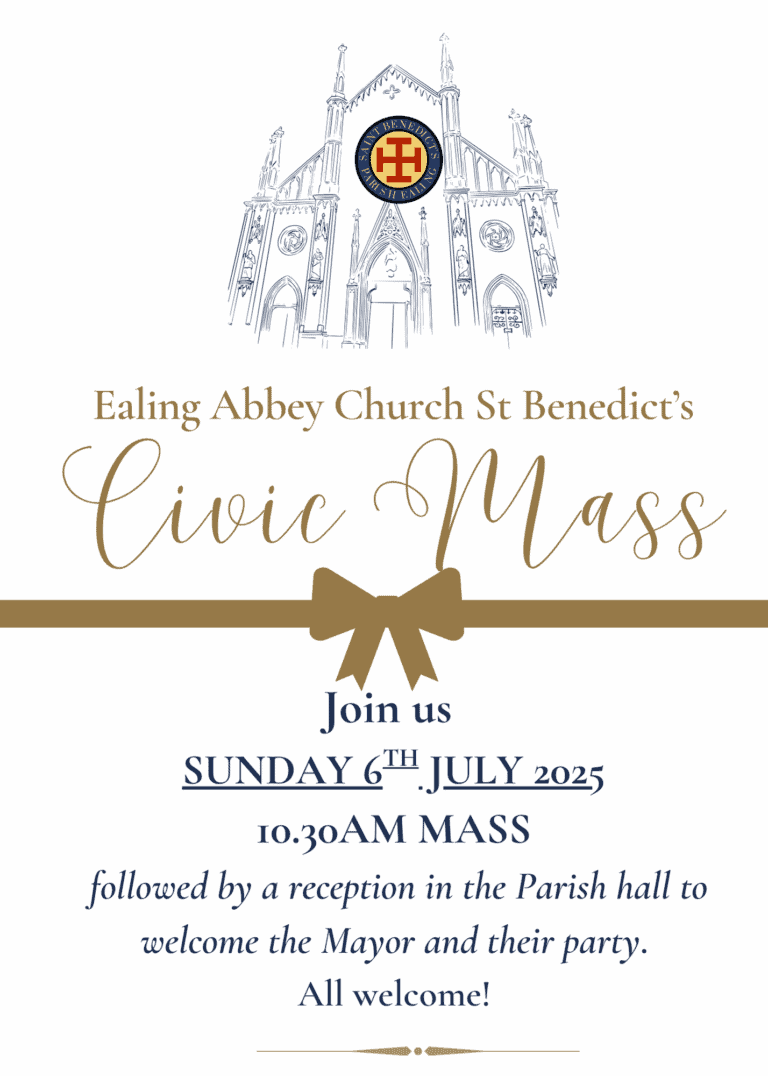Dear Parishioner,
‘….that they may be one so that the world may believe’ John 15:1-7
I am the true vine, and my Father is the vinegrower. He removes every branch in me that bears no fruit. Every branch that bears fruit he prunes to make it bear more fruit. You have already been cleansed by the word that I have spoken to you. Abide in me as I abide in you. Just as the branch cannot bear fruit by itself unless it abides in the vine, neither can you unless you abide in me. I am the vine, you are the branches. Those who abide in me and I in them bear much fruit, because apart from me you can do nothing. Whoever does not abide in me is thrown away like a branch and withers; such branches are gathered, thrown into the fire, and burned. If you abide in me, and my words abide in you, ask for whatever you wish, and it will be done for you. My Father is glorified by this, that you bear much fruit and become my disciples. As the Father has loved me, so I have loved you; abide in my love. If you keep my commandments, you will abide in my love, just as I have kept my Father’s commandments and abide in his love. I have said these things to you so that my joy may be in you, and that your joy may be complete.
This is my commandment, that you love one another as I have loved you. No one has greater love than this, to lay down one’s life for one’s friends. You are my friends if you do what I command you. I do not call you servants any longer, because the servant does not know what the master is doing; but I have called you friends, because I have made known to you everything that I have heard from my Father. You did not choose me but I chose you. And I appointed you to go and bear fruit, fruit that will last, so that the Father will give you whatever you ask him in my name. I am giving you these commands so that you may love one another.
This coming week sees the Week of Prayer for Christian Unity, traditionally observed 18th – 25th January, the octave of St Peter and St. Paul, two figures who are, perhaps somewhat ironically, not universally held up as the embodiment of unity in the early Christian community.
The Week was prepared this year by the Monastic Community of Grandchamp in Switzerland. They chose a theme based on John 15:1-17: Abide in my love and you shall bear much fruit. This theme expresses Grandchamp Community’s vocation to prayer, reconciliation and unity in the church and the human family. The community is a monastic community of sisters, numbering about 50, drawn from across different Christian traditions and different countries. Their avowed commitment is reconciliation among Christians throughout a common humanity as well as a respect for the whole of creation. In this unity week, they are inviting churches across the world to enter into their tradition of prayer and silence that is embedded in the ancient traditions of the church.
“We live in a time that is both troubling and magnificent, a dangerous time where nothing preserves the soul, where rapid and wholly human achievements seem to sweep beings away…..And I think that our civilization will die in this collective madness of noise and speed, where no being can think…..We Christians, who know the full value of a spiritual life, have an immense responsibility, and must realize it, unite and help each other create forces of calmness, refuges of peace, vital centres where the silence of people calls on the creative word of God. It is a question of life and death.”
These words might well have been spoken today but were in fact written by Genevieve Micheli, who would later become Mother Genevieve, the first mother of the monastic community of Grandchamp, in 1938, written in a Europe caught up in the midst of turmoil, racism, intolerance, violence and pandemic. The words are as relevant today as they were over seventy years ago, and perhaps even more so. In this Week of Christian Unity perhaps each of us can ask: how am I, here today, a creative force for calmness, a refuge of peace and reconciliation?
In her reflection on how communion with Christ demands communion with others, Dorotheus of Gaza, a monk in Palestine in the 6th Century, expressed this in the following way:
“Imagine”, he said “a circle drawn on the ground, that is, a line drawn in a circle with a compass, and a centre. Imagine that the circle is the world, the centre is God, and the radii are the different paths or ways people live. When the saints, desiring to draw near to God, walk toward the middle of the circle, to the extent that they penetrate its interior, they draw closer to each other; and the closer they draw to each other, the closer they come to God. Understand that the same thing applies conversely, when we turn away from God and withdraw toward the outside. It then becomes obvious that the more we move away from God, the more we move away from each other, and the more we move away from each other, the more we also move away from God.





